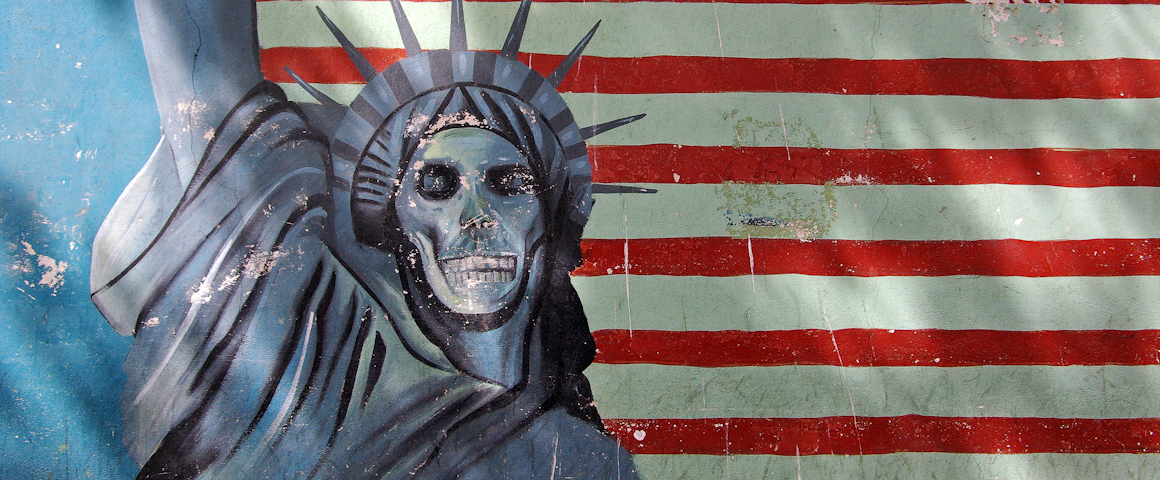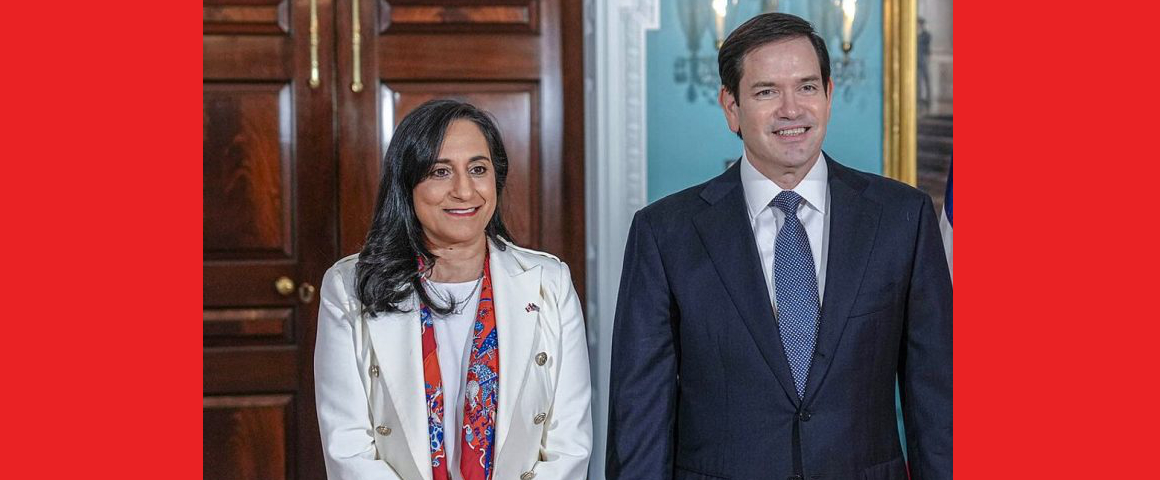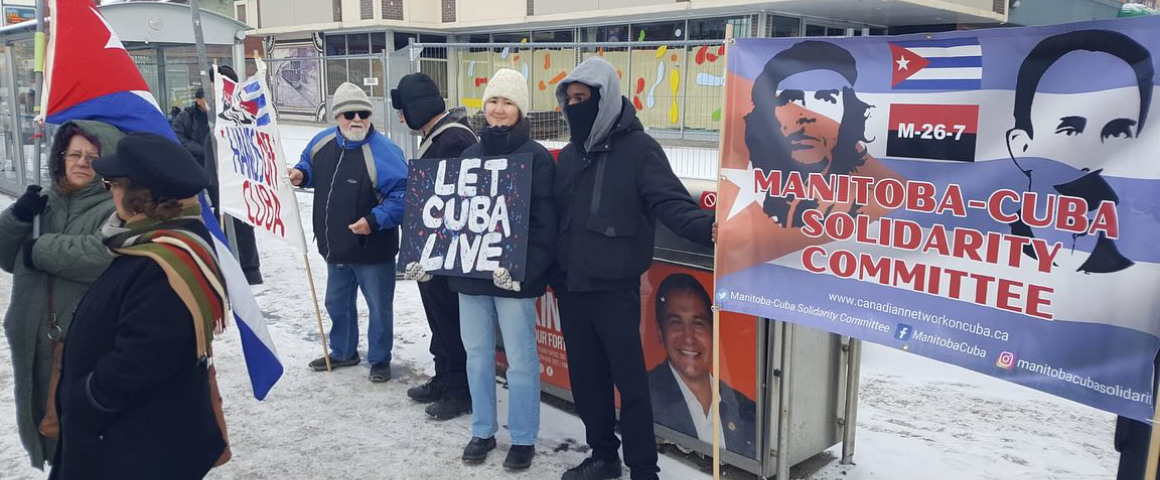For many people, Iran is a difficult political topic to navigate. On the one hand, we encounter a lot of reports that document grave problems in the areas of human rights within the country, including labour and democratic rights. On the other hand, on the international stage, the Iranian government appears to be a consistent supporter of countries who are under imperialist attack – countries like Syria and Venezuela, among others. Jamshid Amadi, Assistant General Secretary of the Committee in Defence of Iranian People’s Rights (CODIR), discusses this issue in an article republished (edited for length) from Morning Star (UK).
Anti-imperialism and solidarity
Jamshid Amadi
The mantra that my enemy’s enemy is my friend can have some mileage and as a starting point in assessing our attitude towards any given regime may not be bad place to begin. However, it is a dangerous principle to apply too rigidly because, in many circumstances, the complexities beneath the surface require a more nuanced response. Very little in international politics is strictly black and white.
This is particularly the case when considering the position of the Islamic Republic of Iran and the attitude that the left should adopt towards the regime.
There can be no doubt that the basis of the 1979 revolution was a progressive one. The Shah’s power base was the British and United States oil corporations who had installed him in power in 1953, in an MI6 and CIA backed coup against the democratically elected prime minister Mohammad Mossadegh. The administration under Mossadegh had initiated a process of nationalizing the oil industry and had kicked out British contractors.
While the Shah was able to create a relatively prosperous middle class on the back of oil and gas revenues, the lot of Iranian workers was one of low pay, uncertain employment and widespread poverty.
Protests began at least two years before the revolution in February 1979, with workers defying the authorities and taking to the streets. Their demands focused upon an end to the repressive regime of the Shah and calls for a system based upon democracy and social justice.
That the demands of the working class and the left also chimed with those of the clergy ensured that the base of the national democratic revolution, which saw the overthrow of the Shah, was a broad and popular one.
Internally, however, the war with Iraq which began in 1980 was the means by which the clergy consolidated its power inside Iran. Calls to unite the nation against the Iraqi invader went hand in hand with attacks upon the left, which resulted in imprisonment, torture and exile for many.
While the initial demands of the national democratic revolution in 1979, for peace, social justice and democracy were undoubtedly anti-imperialist in character there is nothing to commend the subsequent theocratic takeover of all levers of power by the reactionary clergy.
The record of the regime on human rights, social justice and equality is nothing short of appalling and has been rightly condemned by solidarity organizations around the world. The unjust imprisonment, torture and execution of trade union activists, women and the political opposition continues unabated.
While brute force has been the stock in trade of the theocratic dictatorship of the Islamic Republic the regime has not survived for 40 years without employing a certain amount of guile. It has positioned itself in direct opposition to US allies in the region, Israel and Saudi Arabia; supported Syrian President Bashir al-Assad against external Western intervention; and supported Houthi rebels in Yemen, resisting the onslaught of the Western-armed Saudi coalition.
However, while chanting anti-Western slogans, the Islamic Republic remains desperate to attract Western investment to prop up its ailing economy. The nuclear deal signed in 2015 with the US, EU and China was an opportunity to open up the economy for exploitation through the lifting of sanctions. The reneging on that deal by the Trump administration in the US has plunged the Iranian economy into a tailspin.
The task for the left in the West is not to find justifications for supporting the Iranian regime as some kind of anti-imperialist bastion. On the contrary, as in the time of the Shah, it is the Iranian people feeling the brunt of the repressive policies of the regime who need international support and solidarity.
As the situation inside the country becomes more volatile there can be no doubt that the West will seek to impose a solution. It is not beyond the bounds of the West to go the route explored in Syria and look to create a Free Iranian Army as a conduit for cash and weapons.
This would spell disaster for the Iranian people. Having been thwarted in their national democratic desires once already the left should not be complicit in the Iranian people being thwarted again. The future and fate of Iran should be in the hands of its people, without Western political or military interference.
[Edited for length and republished from Morning Star (UK)]




